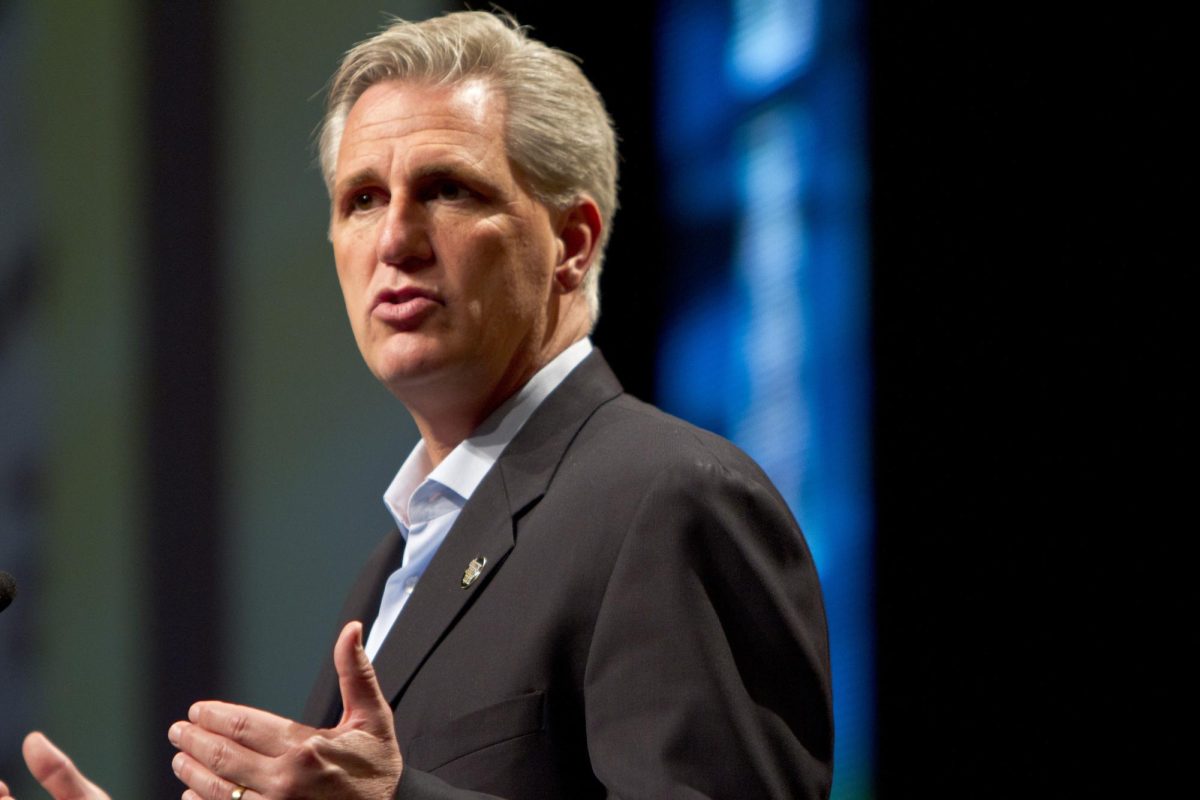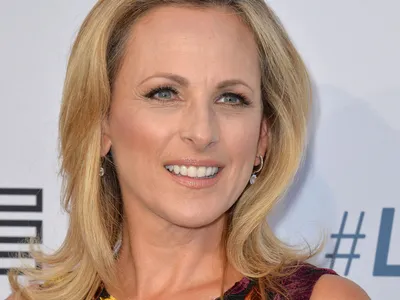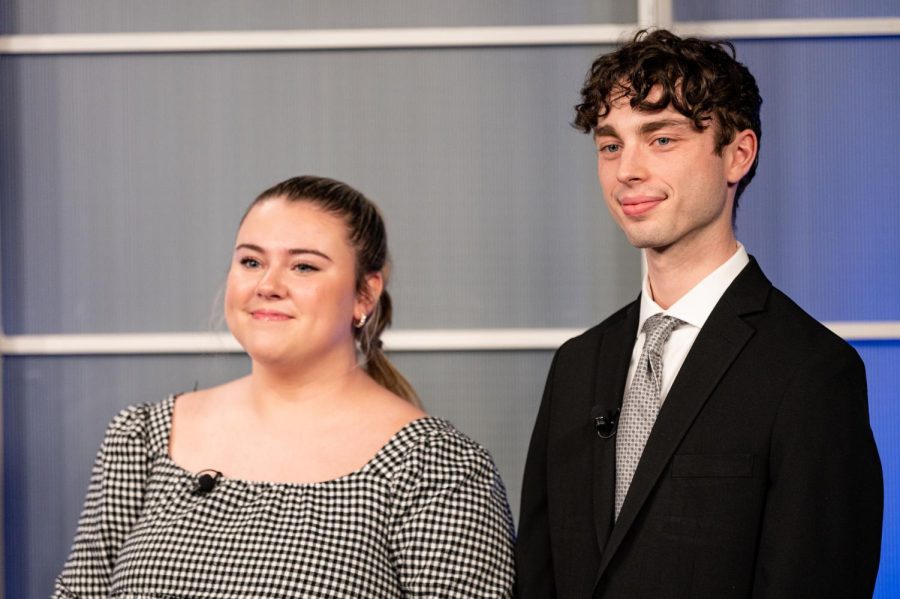We praise Marquette for being the first Catholic, Jesuit university to open its doors to women in 1909.
However, while former University President Rev. James McCabe set the wheels in motion for gender equality, Marquette has yet to see a female president and match the number of female faculty to that of men.
Still, Marquette is making great strides toward achieving this goal.
Women have gained ground in academia with more female faculty members than ever before, said Angela Sorby, associate professor of English at Marquette.
According to the fall semester faculty census conducted between 2004 and 2008, 376 females were faculty members in 2004.
By 2008 this number increased to 455, indicating increased opportunities for women.
Five of the 12 deans at Marquette are women: Jeanne Hossenlopp, interim dean of the College of Arts & Sciences; Linda Salchenberg, dean of Business Administration; Lori Bergen, dean of the College of Communication; Margaret Callahan, dean of the College of Nursing; and Janice Welburn, dean of University Libraries.
It’s important for women today to recognize the struggles endured and see how far women at Marquette have come today.
McCabe taking that first step, counter to the views of most of his colleagues, set the tone for the university’s future success.
In 1909, women entered the Bachelor of Arts program.
Twelve years later, the Hilltopper yearbook praised the journalism department because of its high enrollment of women.
Today, women at Marquette have a limitless course of study receiving degrees in biomedical engineering, international business and mathematics, thanks to McCabe’s decision.
In 1958, Mary Jeanne Bowen became the first female Marquette student to study abroad. Today, about 264 Marquette women participate in the program.
Looking back to the 1950s, the university banned women from wearing shorts or pants in campus buildings.
These rules make us laugh now, but they were indicative of the expectations and restrictions placed on women and the major gender differences that existed.
Women have made advancements beyond appearance by voicing their concerns for personal autonomy.
They work at road construction sites, play professional sports, serve as secretary of state, run for president and lead Fortune 500 companies.
The university even offers a women and gender studies major and minor.
And University President Rev. Robert A. Wild’s 1999 Task Force of Gender Equity initiative to address gender equality concerns has created the Office of the Ombuds, providing faculty and staff with a resource to report gender equity grievances.
May the next 100 years be equally progressive, and may Marquette continue to promote equality for all.









